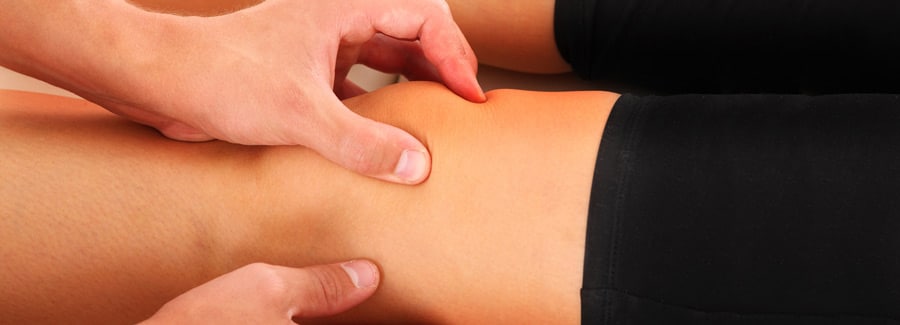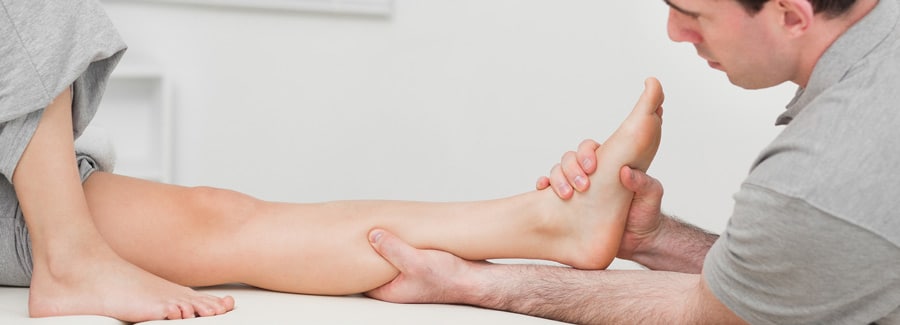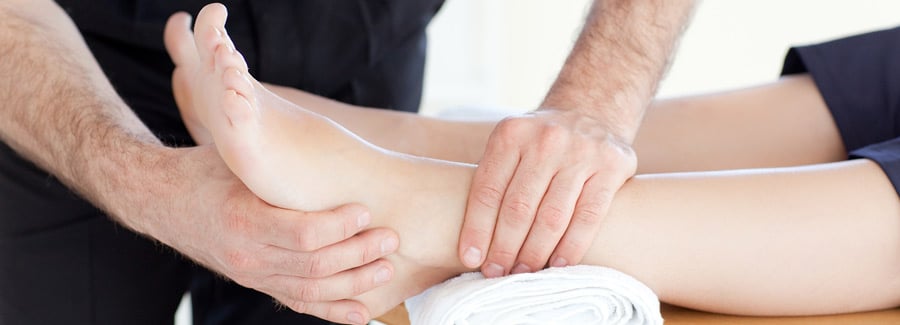The specialized equipment at Focus Physiotherapy can maximize your physical recovery from devastating injuries. Our compassionate team of registered healthcare professionals put your recovery and safety first and above all else.
Pelvic fracture
A pelvic fracture is usually the result of a major trauma like a motor vehicle crash, industrial accident, a fall from a tall height in young patients, or a fall from standing in elderly patients. There are three bones within the pelvis that can be fractured, with the treatment depending on the bone injured and the severity of its injury. In more severe pelvic fractures, there is a possibility of blood loss and other injuries. Common treatments for a fractured pelvis range from limited weight bearing on your legs to surgical repair of the fracture. Much relief is felt within the first six months of injury.
Acetabular fracture
Acetabular fracture is usually the result of a motor vehicle crash. In this type of injury, the socket connecting the pelvis to the femur is broken. The most common treatment for this type of fracture is surgery followed by physiotherapy.

Hip fracture
Hip fracture is more common in elderly persons who have fallen. It also can be caused by a direct blow or a motor vehicle or motorcycle crash. After the hip is fractured, it is common for your leg to turn outward and shorten. The usual treatment for a hip fracture is surgery followed by physiotherapy.
Femur (thighbone) fracture
Femur (thighbone) fracture usually is the result of a major force or trauma. It requires a considerable force to break a normal femur — the longest and strongest bone in the body. The usual treatment for this fracture is surgery followed by physiotherapy.

Patella (kneecap) fracture
Patella (kneecap) fracture usually is the result of direct trauma to the knee. It can be caused by a fall, motor vehicle crash, motorcycle crash or automobile-pedestrian crash. This fracture may be treated with a knee immobilizer or by surgery depending on the severity followed up with physiotherapy.

Tibial and/or fibular (lower leg) fracture
Tibial and/or fibular (lower leg) fracture usually is the result of direct trauma to the lower leg. The causes of this type of fracture include falls from a height and motor vehicle collisions. The force of the trauma will directly influence the severity of the injury. Treatments range from a simple cast to surgery and should always be followed by physiotherapy.

Ankle Fractures
Ankle fractures can be caused by a variety of trauma types — such as a fall; a direct blow to the ankle; or a motor vehicle collision. The treatment of ankle fractures varies with the severity of the fracture. Ankle fractures are treated with splints, casts or surgery followed by physiotherapy.
A Calcaneus (heel) fracture
A Calcaneus (heel) fracture usually is the result of a fall from a significant height when the patient lands directly on the feet. This type of injury usually causes great swelling and is often accompanied by fractures to the back. The treatment of these fractures varies from splints, to casts, to surgery. Surgery often is performed after the swelling has gone down. Physiotherapy can help you achieve maximum possible recovery.
False Evidence Appearing Real = FEAR
We are Registered Physiotherapists who really want to do good by you, there is nothing more professionally satisfying that helping someone get better. We practice our profession with a duty of care to you first and foremost. We are on your side and we are the team that will get you better. When you first come to us you will be hesitant, and that is a normal feeling. You have been through a lot and probably lucky to be alive. We appreciate that, and as Registered Physiotherapists who practice within a physiotherapist owned clinic we can tell you that you are on you way to recovery.
After six weeks the severe pain goes away, but the toe is still too swollen to fit in shoes. The severe pain is replaced by aches and stiffness that increases with activity. The pain is not severe, but is definitely an annoyance that will make you want to limit your walking. The toe will remain swollen for a year, with the pain becoming less and less over time. However, even at a year the toe will occasionally swell and ache with weather changes. You can probably now imagine how things are with larger bones.
Contact us today to book your appointment. It’s the first step on your road to recovery.
Mississauga: 416-961-2001
Brampton: 416-961-2001
Etobicoke Kingsway: 416-961-2001
Bolton: 416-961-2001
North York: 416-961-2001
York: 416-961-2001
The road to recovery starts with one step, and that step starts with contacting us at Focus Physiotherapy.
